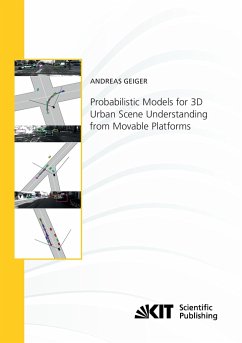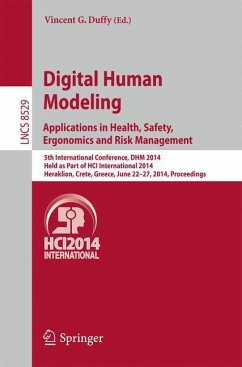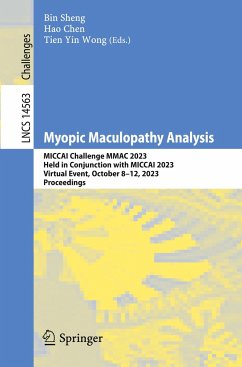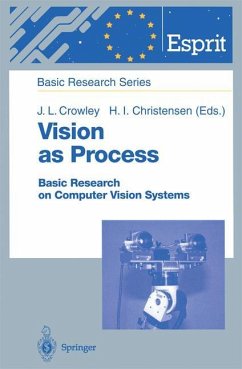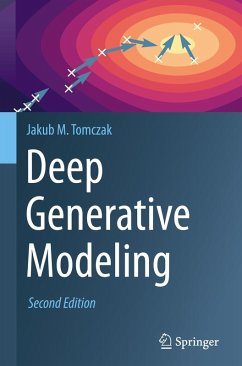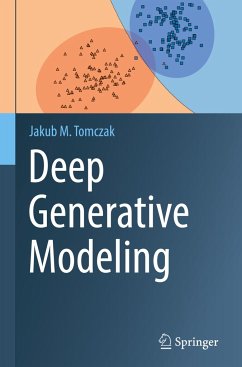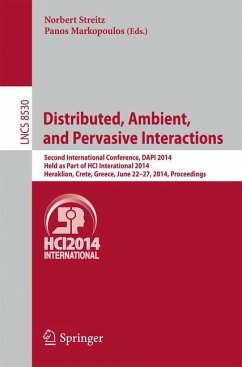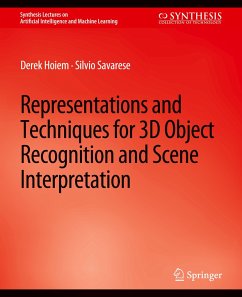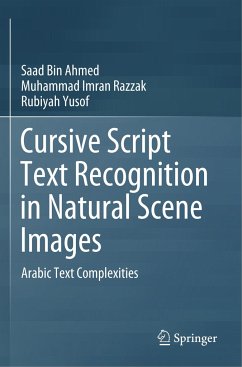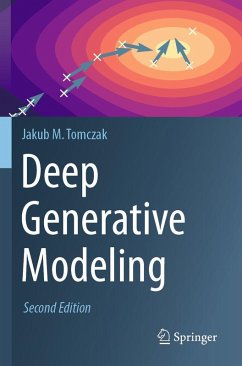
Visual Scene Understanding from Mobile Platforms
A Monocular Approach
Versandkostenfrei!
Versandfertig in 6-10 Tagen
53,99 €
inkl. MwSt.

PAYBACK Punkte
27 °P sammeln!
Visual scene understanding is one of the ultimate goals in computer vision and has been in the field's focus since its early beginning. Despite continuous effort over several years, applications such as autonomous driving and robotics are still subject to active research. In recent years, improved probabilistic methods became a popular tool for state-of-the-art computer vision algorithms. Additionally, high resolution digital imaging devices and increased computational power became available. By leveraging these methodical and technical advancements current methods obtain encouraging results i...
Visual scene understanding is one of the ultimate goals in computer vision and has been in the field's focus since its early beginning. Despite continuous effort over several years, applications such as autonomous driving and robotics are still subject to active research. In recent years, improved probabilistic methods became a popular tool for state-of-the-art computer vision algorithms. Additionally, high resolution digital imaging devices and increased computational power became available. By leveraging these methodical and technical advancements current methods obtain encouraging results in well defined environments for robust object class detection, tracking and pixel-wise semantic scene labeling and give rise to renewed hope for further progress in scene understanding for real environments. This book improves state-of-the-art scene understanding with monocular cameras and aims for applications on mobile platforms such as service robots or driver assistance for automotive safety. It develops and improves approaches for object class detection and semantic scene labeling and integrates those into models for global scene reasoning which exploit context at different levels.



